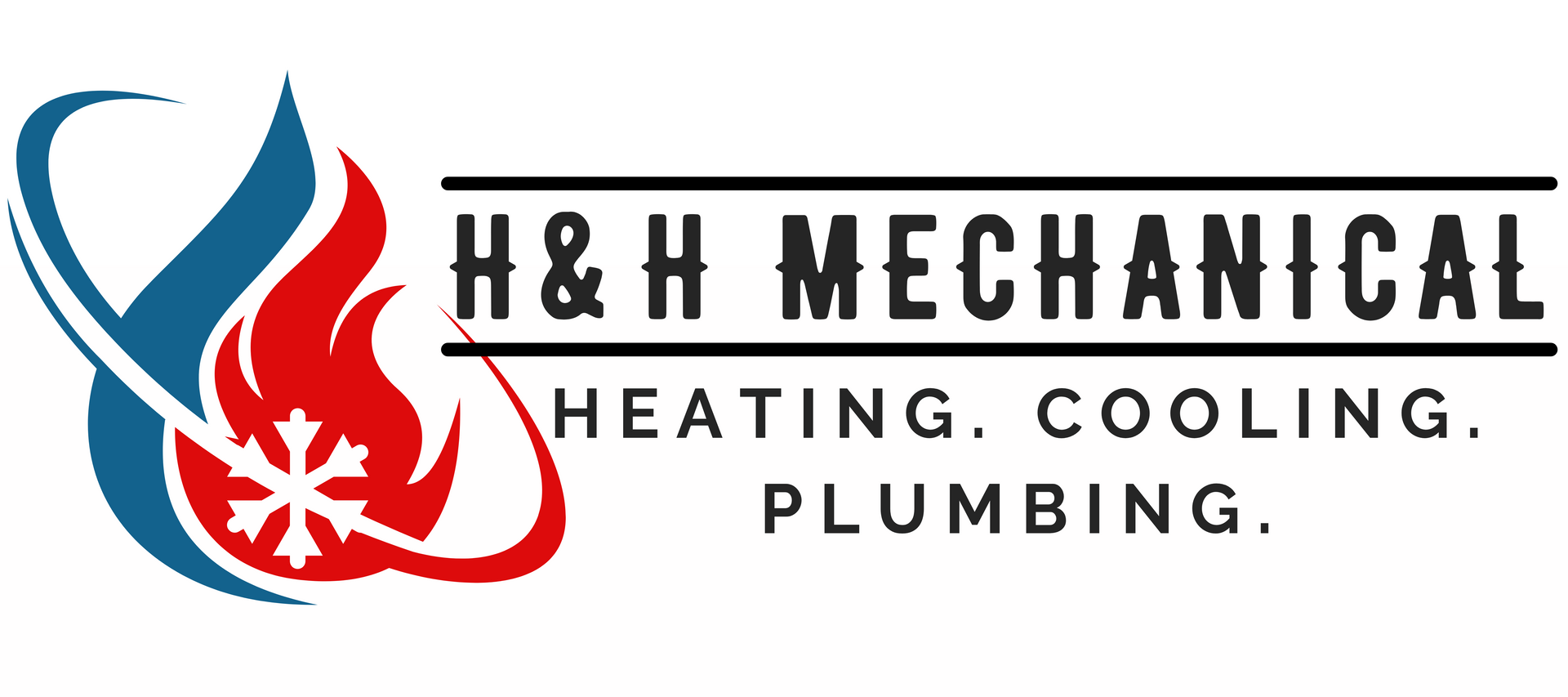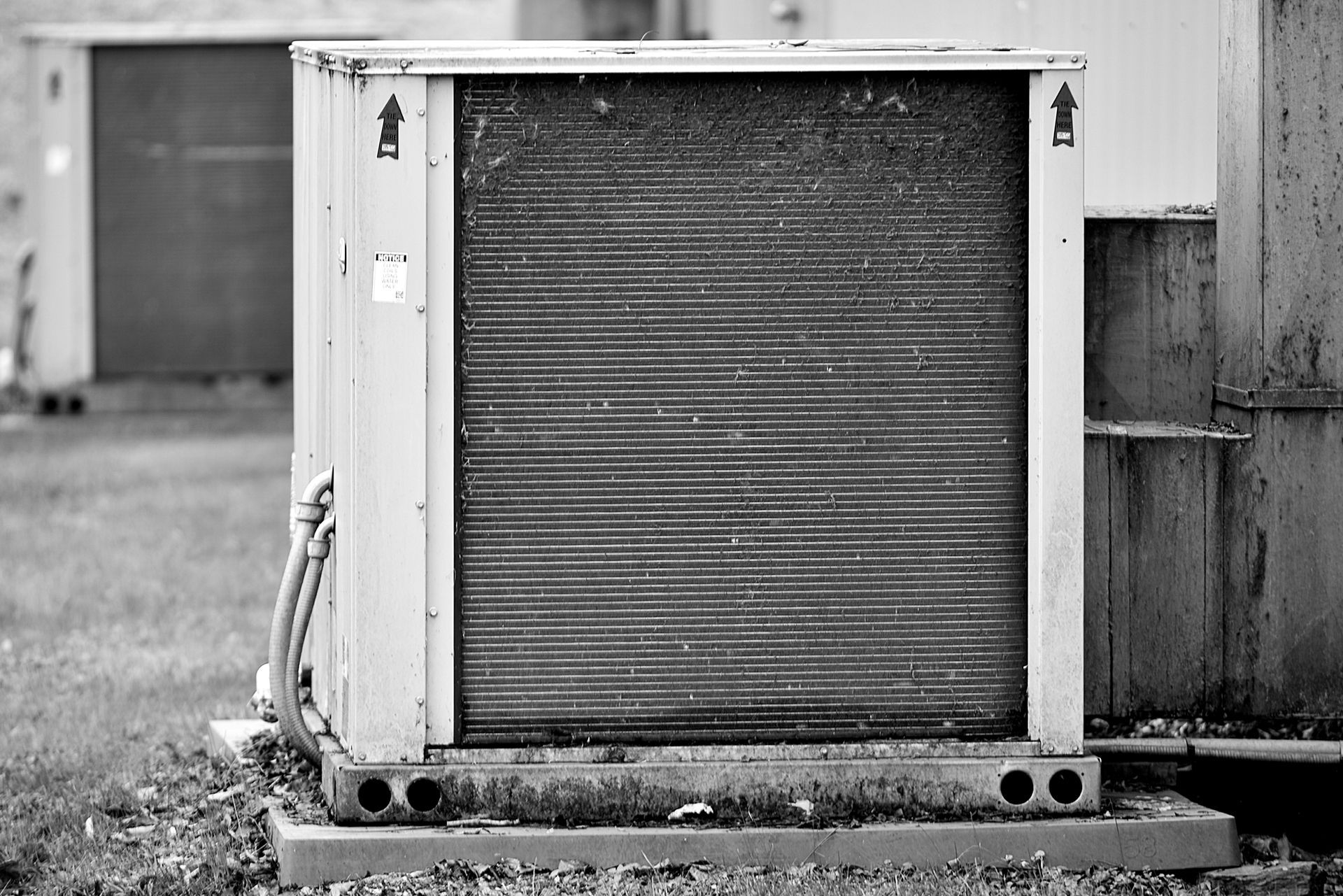What's That Smell?
Experiencing a burning smell when you turn on your heating system can be disconcerting. It's a common occurrence, especially if the heating system has been off for an extended period, such as through the warmer months. Here are some potential reasons for this smell and what steps you can take to address it.
1. Dust Accumulation
The most common reason for a burning smell when you first turn on your heater is dust accumulation. Furnaces and other heating systems collect dust on their surfaces during months of inactivity. When you turn on the heater, this dust burns off, emitting a burning smell. Normally, this should dissipate after a few hours once all the dust has burned off. If the smell continues, it might be something more serious.
2. Clogged Filters
Heating systems have air filters that trap dust and other particles. Over time, these filters can get clogged, causing a mild burning smell due to the heating unit working harder and possibly overheating. It’s recommended to change your filters regularly (every 3 months or so), especially before starting the heater for the first time in the season.
3. Overheating Components
If components within your heating system are overheating, they can produce a burning smell. This can be due to mechanical issues, such as a faulty blower motor or a worn belt. If you suspect that this is the case, or if the smell persists, it’s crucial to turn off the unit and contact a professional technician to inspect your system.
4. Electrical Issues
A burning smell from your furnace might also indicate electrical problems. This could be from faulty wiring or electrical components short-circuiting or overheating. Electrical issues can be serious, as they might pose a fire hazard, so it’s crucial to deal with them promptly by seeking professional help.
5. Mold or Pest Issues
Sometimes, what you perceive as a burning smell could actually be odors caused by mold growth or pests in the ductwork. Both can proliferate in heating systems and become noticeable when the heat is turned on. If the smell has a musty or acrid quality, consider having your ductwork inspected and cleaned.
How to Address These Issues:
Routine Maintenance: Prepare your heating system for the cooler months by having regular maintenance checks. These checks can help clear dust accumulation and identify mechanical issues before they lead to bigger problems.
Change Your Filters: Make it a habit to regularly check and replace your heater's filter to avoid overheating and prevent dust and other particles from circulating in your home.
Professional Inspection: If the burning smell persists even after checking the filters and ensuring the system is clean, have a professional inspect your heater. There could be deeper mechanical or electrical issues at play.
Duct Cleaning: If you suspect mold or pests are causing unpleasant smells, hiring professionals to clean your ducts can help ensure you’re breathing clean air and prevent further system contamination.
Conclusion
While a transient burning smell when turning on your heater is mostly harmless and due to dust burning off, it shouldn't be ignored if it continues or is accompanied by other signs of distress in your heating system. Regular maintenance and prompt attention to potentially serious problems like overheating can keep your home safe and your heating system operating efficiently. Always consider consulting with a professional if you are unsure about the nature of the smell or how to address it.






